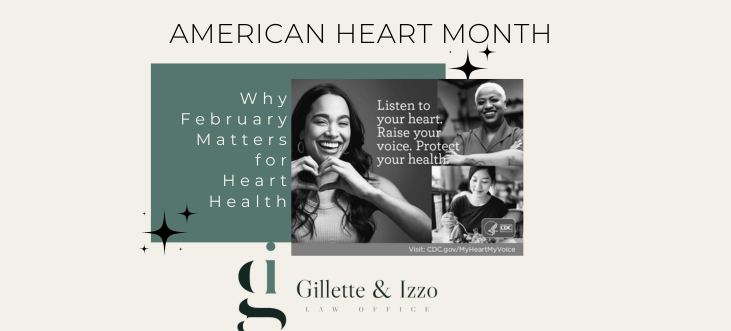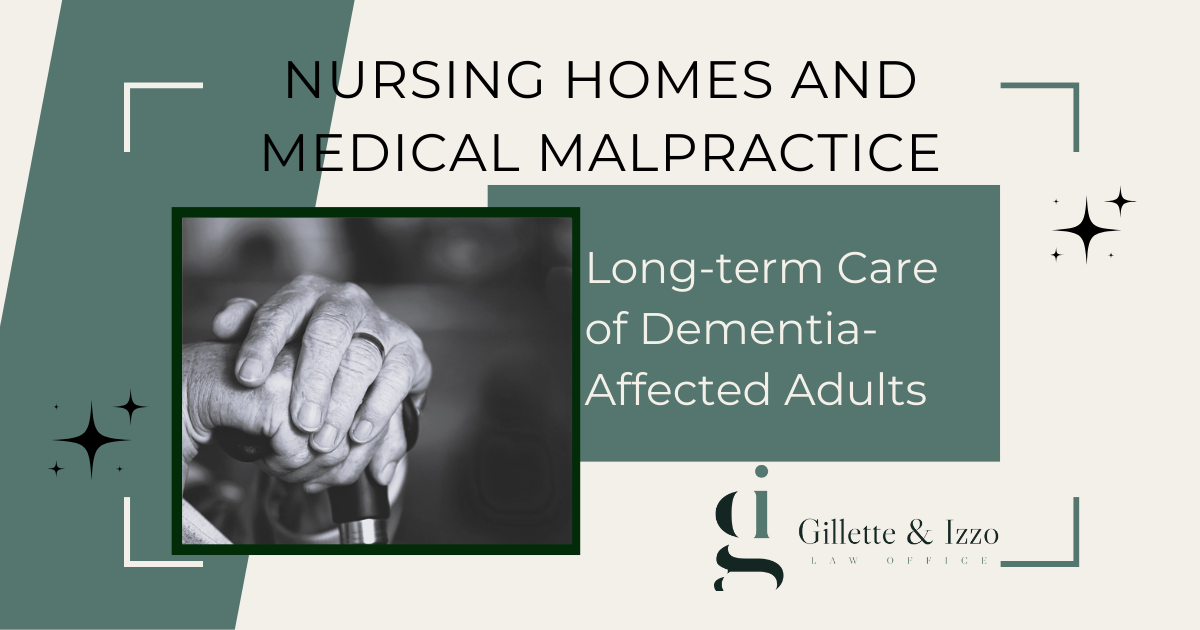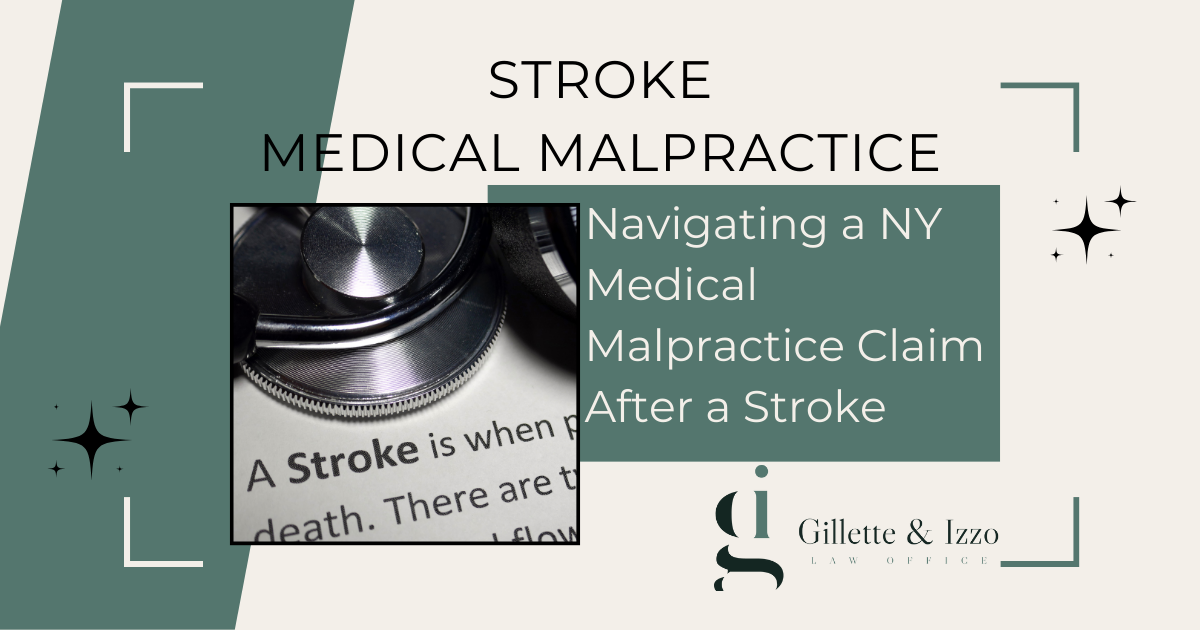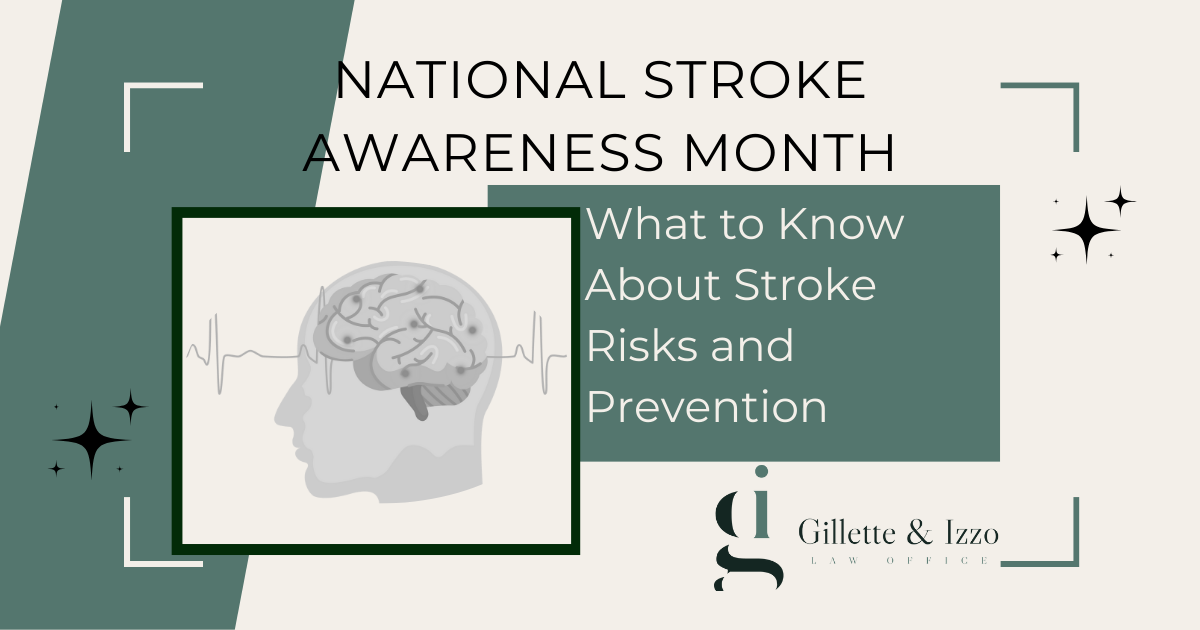February is dedicated to raising awareness that cardiovascular health is important year-round and connecting people with the information and resources they need to improve the health of their hearts. American Heart Month is the perfect time to learn about the signs of cardiovascular problems and to share some tips for keeping your heart in good working order.
Cardiovascular Disease and Distress – What to Look For
Heart disease is the leading cause of death in the United States, but what exactly is it? The term heart disease can refer to a number of health conditions, including the following:
- Congenital heart defects (heart problems present at birth)
- Arrhythmias (irregular heartbeat)
- Coronary artery disease
- Heart muscle and valve diseases
The signs and symptoms of heart disease will vary depending on the type of medical issue. However, since the most commonly experienced cardiovascular problem is coronary heart disease, we’ll focus on some of the most common signs you should watch out for to protect yourself from this silent and potentially life-threatening health problem.
Signs of coronary heart disease include:
- Chest pain
- Dizziness
- Neck pain
- Shortness of breath
- Cold sweats
It’s important to remember that women often experience heart attack symptoms differently than men. Women do not have chest pain as often as men and should instead be on the lookout for chest pressure, dizziness, nausea, stomach pain, and severe tiredness. If you or a loved one are experiencing any of these signs or symptoms or are concerned you are having any medical emergency, you should call 911.
Tips for a Healthy Heart
Making changes in your everyday habits and lifestyle can make a significant difference in your overall well-being and cardiovascular health. Consider working the below tips into your daily routine because even small adjustments can have a positive impact.
Stay Active
Getting or staying active is a great way to protect your health. Any movement is great, but the recommended amount of physical activity is 150 minutes or more per week. You know your body and abilities best, so don’t overdo it. Take it slow if you need to!
Get Enough Sleep
Getting enough rest is crucial to keep your heart as healthy as possible. Try to get somewhere between seven to nine hours of sleep every night.
Stop Smoking
Smoking cigarettes is a major contributor to heart disease, causing 25% of related deaths. Quitting this habit should be a top priority in your journey to improved heart health.
Eat Healthy
Many people face significant barriers to healthy eating, but even integrating one or two nutritional changes can be beneficial. Nutrition can be complicated, and different people have different needs, but the following tips are generally safe options for improving your eating habits:
- Watch your sodium intake
- Control your portion sizes
- Add more fruits and vegetables to your daily meals
You should consult with your doctor if you have existing health concerns or any questions about how best to improve your cardiovascular health.
February isn’t the only month when hearts matter, but it is a great time to start prioritizing your cardiovascular health.





